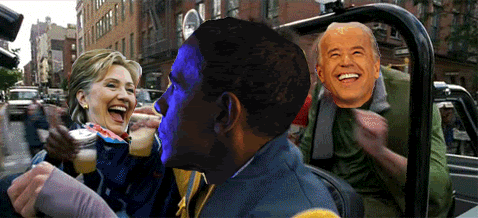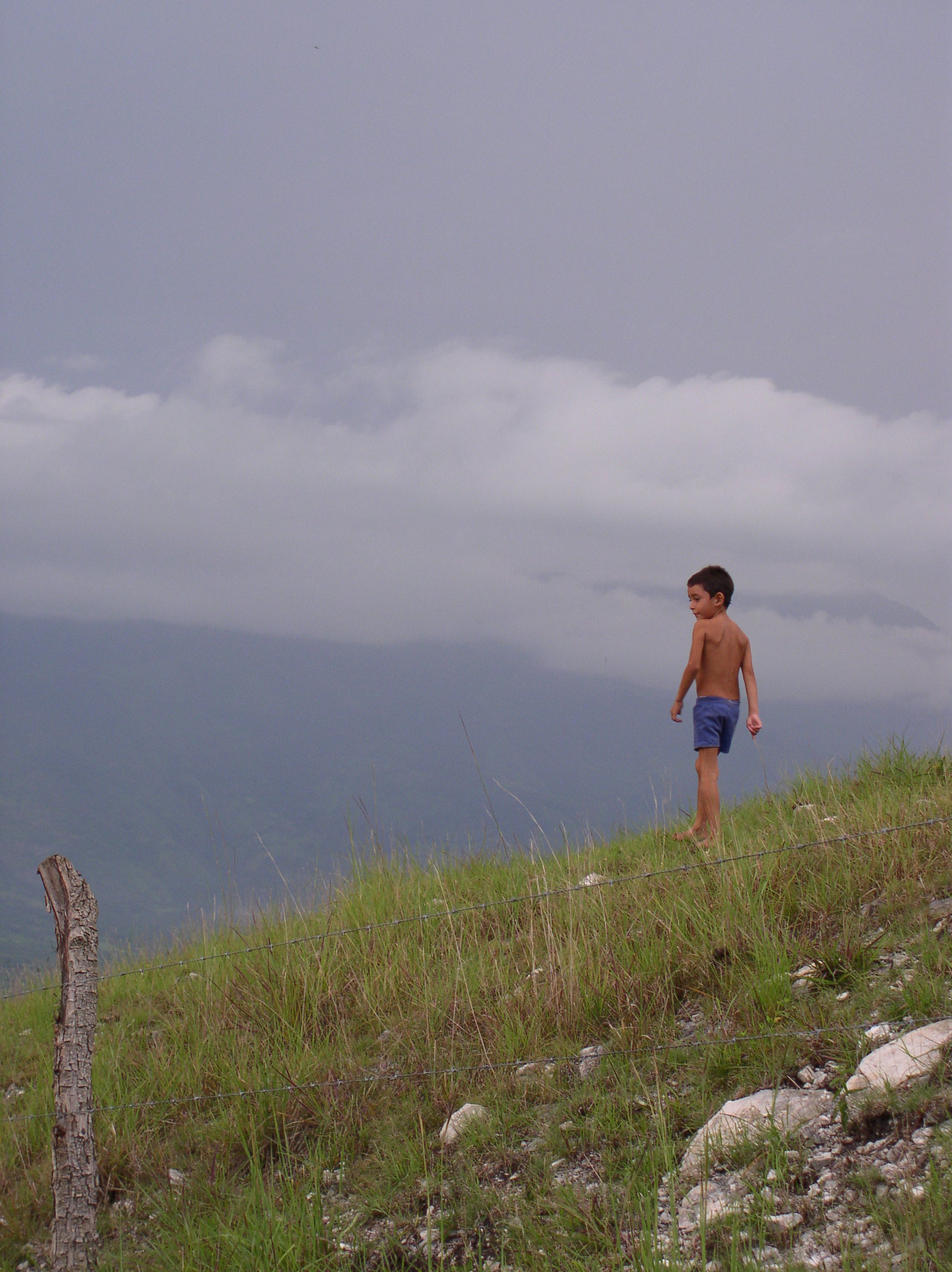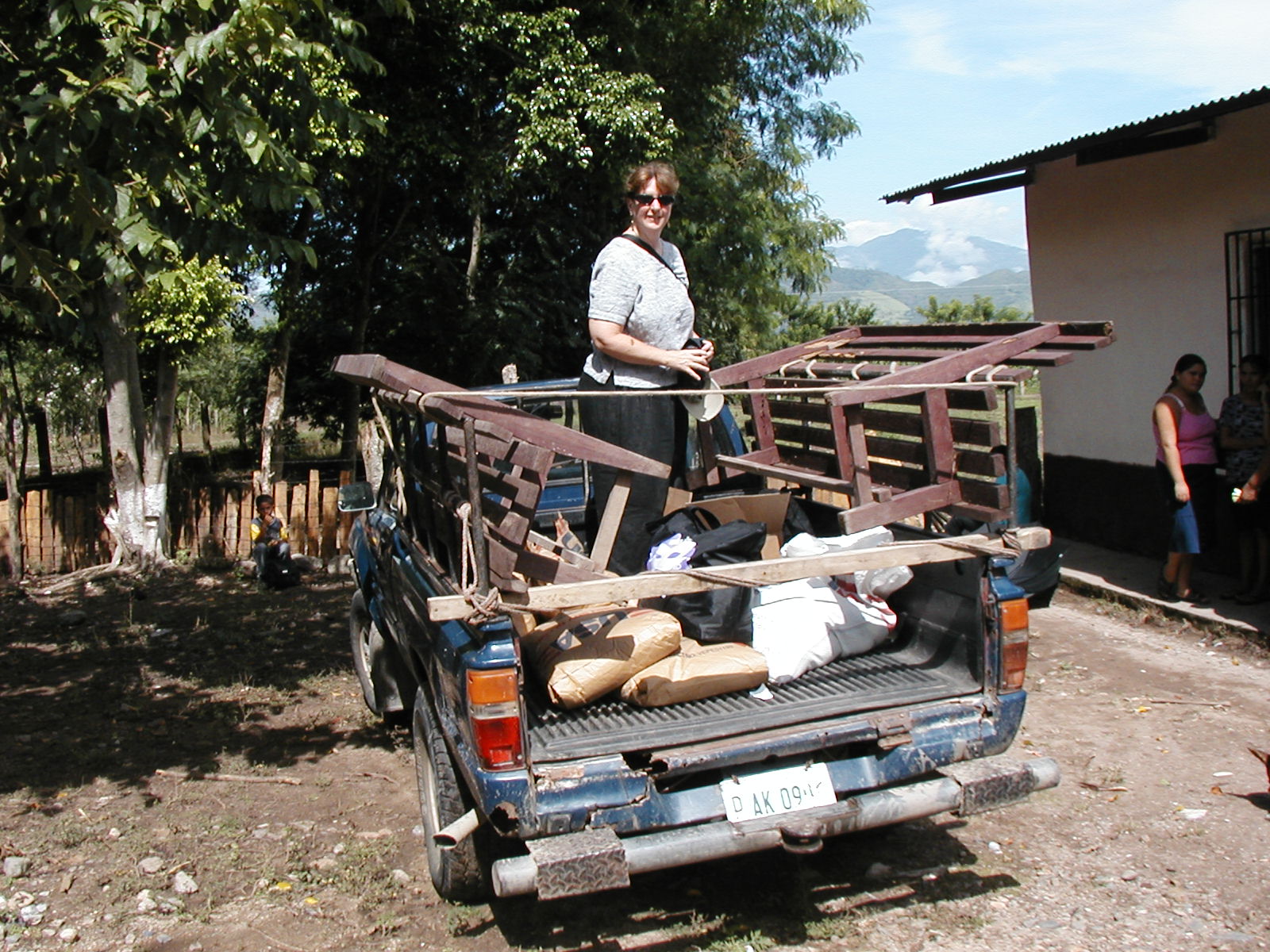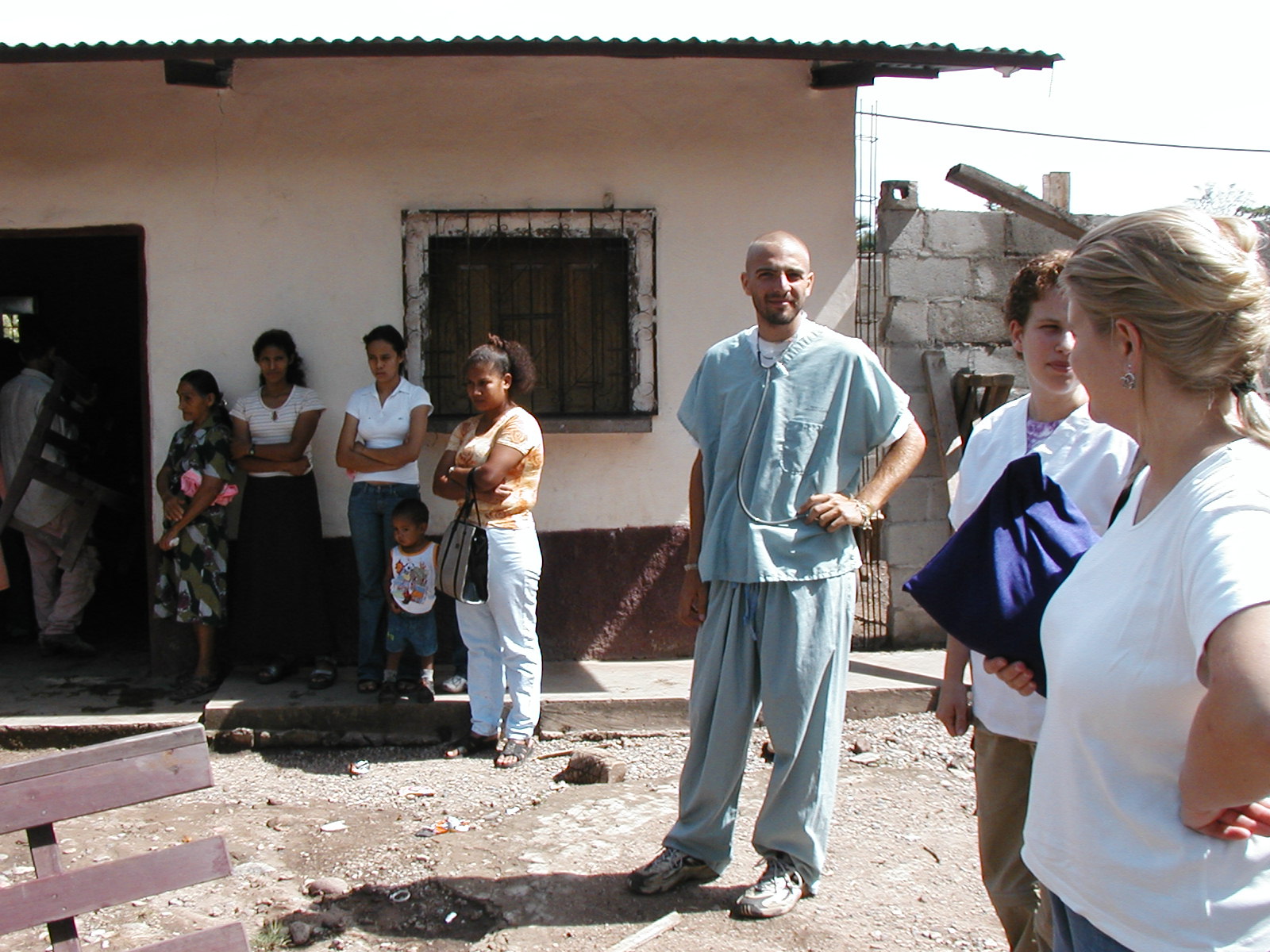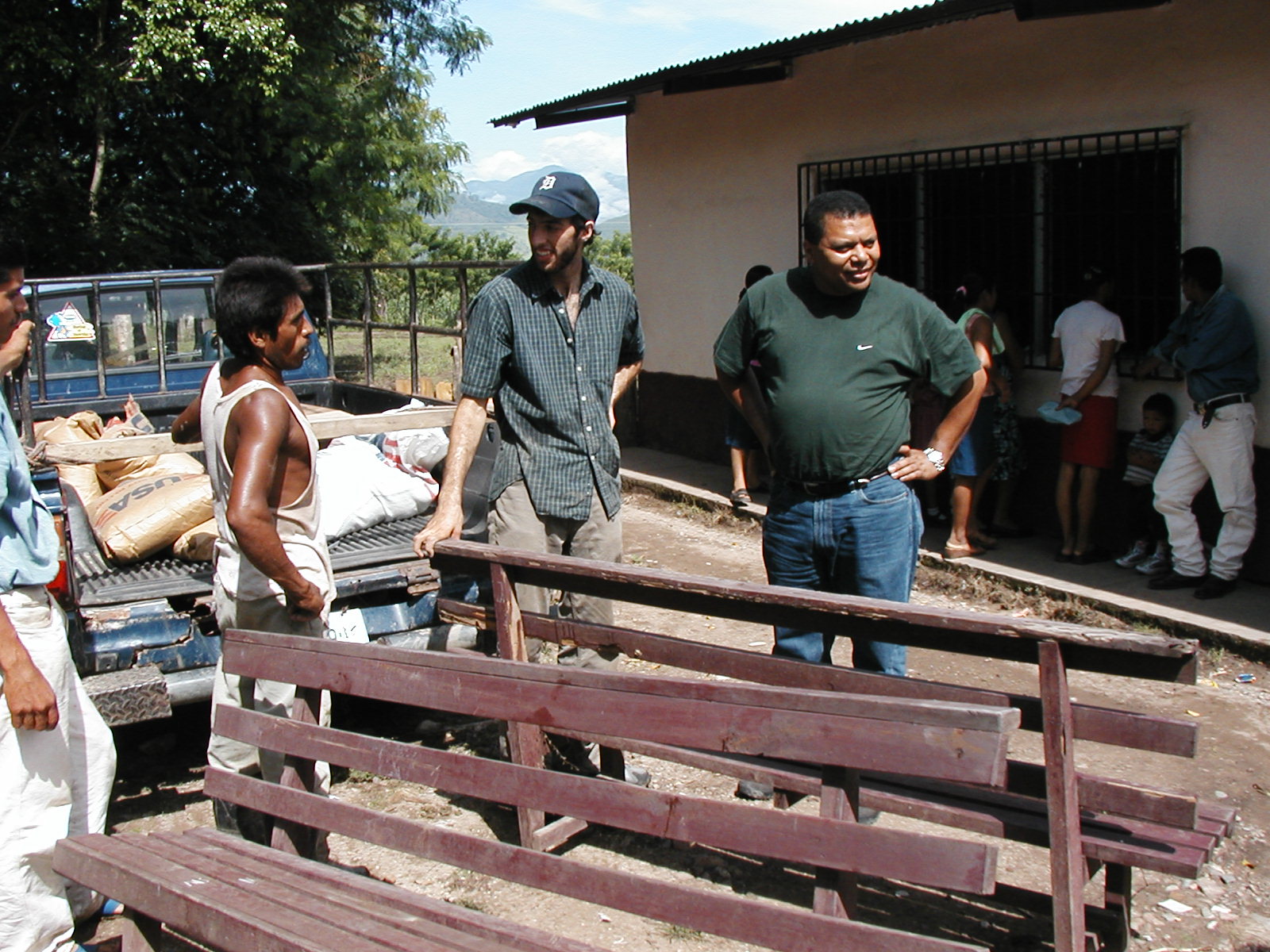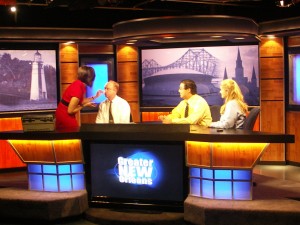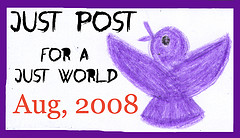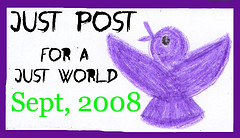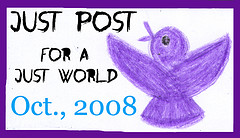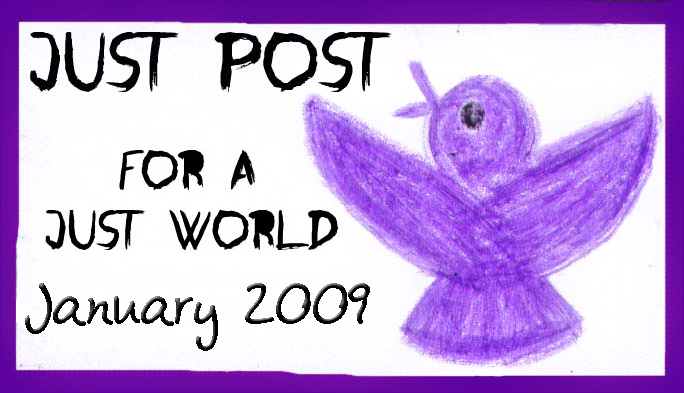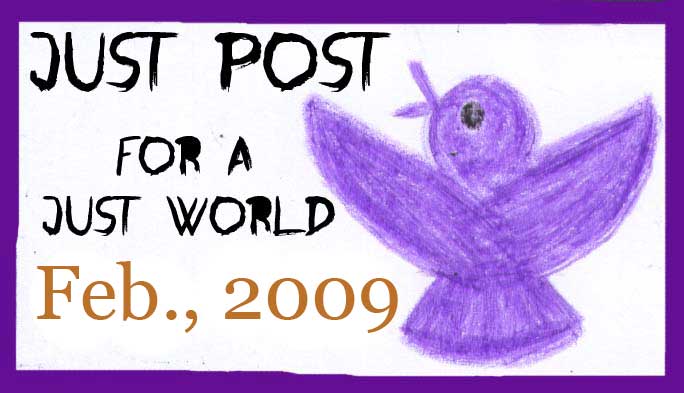My PapPap Charlie was the only child of a rough, Swedish woman. He was well into his forties, unmarried, and childless when he met my divorced Grandma in their jobs at the Department of Commerce. He was quiet, having suffered great abuses as a POW during the Korean War, and whether due to this trauma or his peculiar personality, was incredibly socially awkward. He loved classical music almost as much as he adored my vivacious, life-of-the party Grandma, who seemed to be the light that saved him from his Charlie Brown-like days and thrust him into the wild world of our family. He died of a massive heart attack when I was 10, but my Grandma tells me that before he died, I won his heart.

Oblivious to the awkwardness he had with children, I embraced him with the all assumed adoration of a grandchild. I followed him around, chattering through the sounds of gentle classical music, invading his space when he went to be alone in his basement retreat. Years later, Grandma Betty would tell me that these were the highlights of his life. That he would sit perfectly still and simply listen, puffing away on his cigar, terrified of doing or saying anything that might offend and cause me to leave. He was in awe of me with absolutely no idea of what to do or say, so he simply sat and took in all my chatter and energy with patience and surprise.
Later, when Grandma Betty and I became roommates during my high school days, she filled these stories with more intimate ones about their marriage. Describing how he made her feel and the things that made their relationship special. My favorite antic dotes were the ones that showed Charlie’s softer side, the jokes that made my Grandma laugh. He had a dry humor with a curmudgeon twist, and like my own husband, made jokes from words.
For example, a historical time or place, to Charlie, was an** “hysterical” time or place. Gettysburg, or the Fourth of July, or the Declaration of Independence were all “hysterical” parts of U.S. History. He described the Old Presbyterian Meeting House in Alexandria, Virginia, the place where my Grandmother chose to have me, her first grandchild, baptized, as “a hysterical church.”
So when I approached the polls this morning and entered my vote, PapPap Charlie was foremost in my mind. I could not shake the thought of how hysterical the moment was, that I was casting a hysterical ballot on a hysterical day, a day that will go down in hysterics. I think about telling my grandchildren about what it was like to participate in the election of 2008, of getting to vote for the first Black President of our country. About how good it felt, as if our country and indeed, the world, was at a turning point and suddenly the winds were picking up to bring us back to a place of safety and honor. I wonder if they will be awed to think that I was a part of such a hysterical day.
—-
* Just in case someone wonder about the grammar here, I looked it up. Using ‘an’ before a word starting with the letter ‘h’ is reserved for when the word has a silent h sound… ‘an honor’, versus ‘a horse’.
** Okay, I know the rule. But really, doesn’t “an” just sound better??
—-
UPDATE: It seems my parents found the new blog. I know because they’ve called me several times a day over the past two days to dump on me offer rewrites for my posts. (Hi, Mom!)
My Grandma Betty was known to weave a few tails… and as the first grandchild and one who lived with her for a solid year to finish high school and then again off and on while I worked in the area after college… I was the one who heard her stories. Charlie worked a desk job in the Navy and never was a POW — these were Grandma’s embellishments. The whole thing is very Grandma Betty. I wonder if she wanted to jazz up his past for her own enjoyment, or to simply make a dull story more interesting, or if it was her way of making him seem more memorable to me. She knew early on that if anyone was going to keep our family stories alive, it would be me; Grandma was aware of the need to leave a verbal legacy through me.
So Grandma made up information about Charlie’s past. Really, I think it’s sweet. A testiment to how much she cared for him, that years after his death she would weave danger and mystery into the gentle, quiet, and reserved man she loved. So Charlie wasn’t a POW, he didn’t become ill in Korea (the story was that he contracted some type of illness and was denied medical attention while a POW), and had job with a Navy supplies department. That’s one story. The other one is of an ordinary man who was loved so much by a vivacious woman who saw him as her hero. That’s the story I like best.
